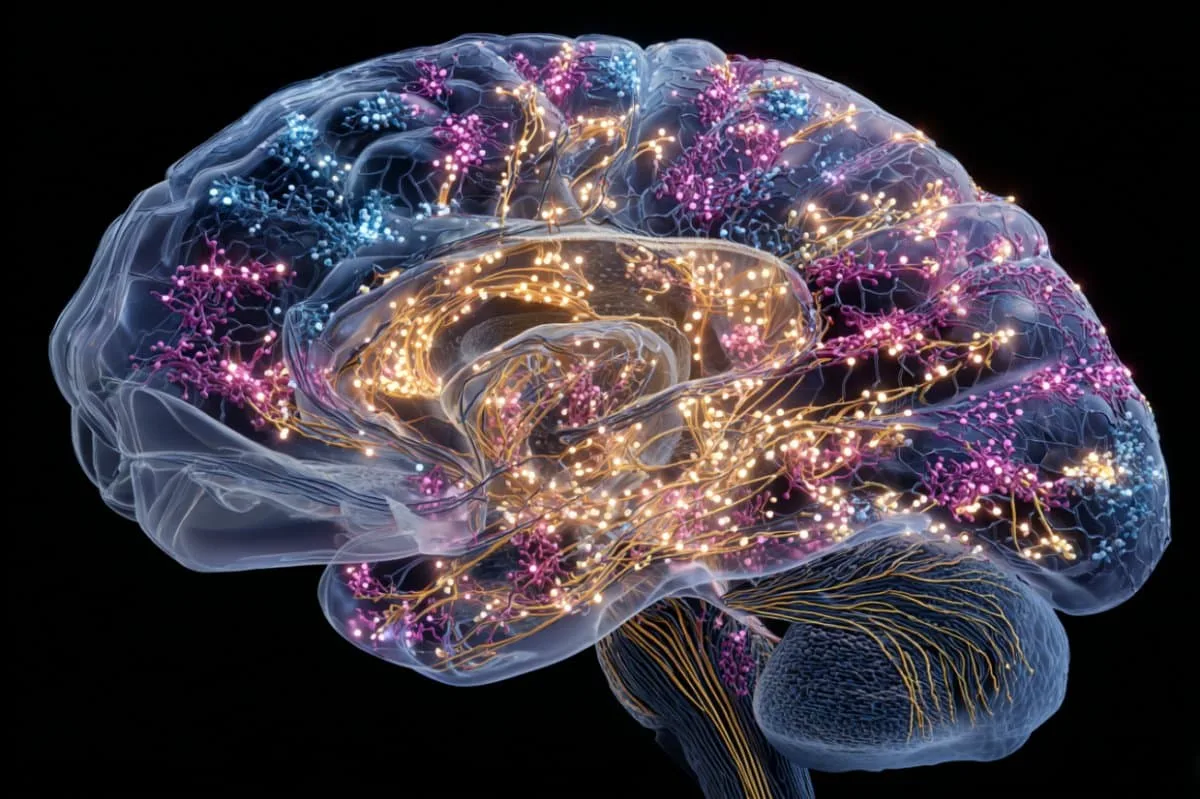Groundbreaking Research Uncovers Genetic Links to PTSD at Cellular Level
A recent study has broken new ground in understanding Post-Traumatic Stress Disorder (PTSD) by examining affected brains at the individual cell level. The research identifies specific genetic changes that appear to be crucial in the development and progression of this complex condition.
Unveiling Genetic Alterations
Scientists have long sought to understand the biological basis of PTSD. This innovative study offers a fresh perspective by focusing on the genetic makeup of individual cells within the brain. By analyzing these cells, researchers have pinpointed distinct genetic variations associated with the disorder.
Key Findings of the Study:
- Identification of specific genes showing altered expression in individuals with PTSD.
- Mapping of these genetic changes to specific brain regions affected by PTSD.
- Insights into how these genetic alterations may contribute to the symptoms of PTSD, such as anxiety, flashbacks, and emotional dysregulation.
Implications for Future Treatment
This research has significant implications for the development of more targeted and effective treatments for PTSD. By understanding the genetic mechanisms underlying the disorder, scientists can potentially develop therapies that address the root causes of the condition.
Potential avenues for future research and treatment include:
- Developing drugs that target the specific genes identified in the study.
- Exploring gene therapy approaches to correct the genetic alterations associated with PTSD.
- Using genetic markers to identify individuals at higher risk of developing PTSD, allowing for early intervention and prevention.
Final Overview
This pioneering study provides valuable insights into the genetic basis of PTSD. The identification of specific genetic alterations at the single-cell level opens up new possibilities for understanding, treating, and potentially preventing this debilitating condition. Further research is needed to translate these findings into effective clinical applications, offering hope for improved outcomes for individuals affected by PTSD.



+ There are no comments
Add yours